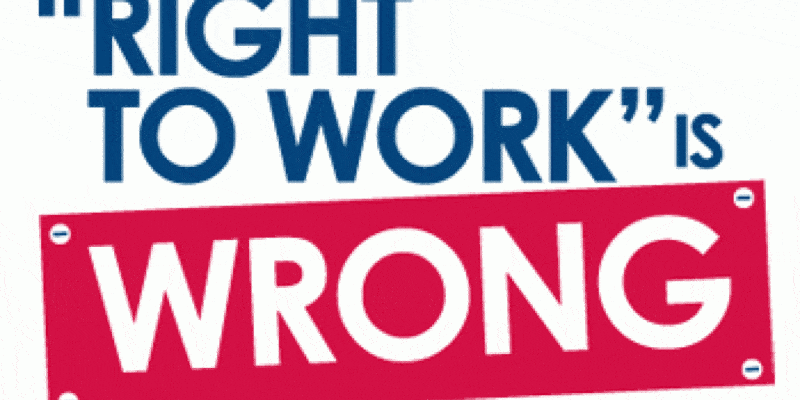By Crystal Thomas – Staff Writer
Posted Sep 5, 2018 at 12:01 AM
Springfield City Council members unanimously voted Tuesday to strengthen an ordinance that encourages contractors to have city residents work on at least half of the hours needed for city construction projects worth more than $100,000.
With the changes, contractors who don’t make any effort to hire locally can be barred from bidding on city construction projects for up to three years, and those that do use a crew made up of more than 50 percent local workers will be awarded.
The changes were made to a local labor ordinance passed in 2016. It fined contractors who failed to utilize enough Springfield workers on city construction jobs. If a contractor used no local labor, it could be fined up to 2.5 percent of the total bid – a $25,000 penalty on a $1 million construction contract.
Now, contractors can be rewarded using the same formula. If all Springfield labor is used on a construction job, the company would receive an additional 2.5 percent of the total bid.
Ward 3 Ald. Doris Turner called the amended ordinance the “carrot and stick approach” to hiring local.
Turner and Ward 1 Ald. Chuck Redpath met with city officials last week to hammer out the changes council members wanted to see after Langfelder proposed his changes more than a month ago.
Turner said she saw the ordinance as way to promote work and careers for local residents. It establishes that a contractor would need to be affiliated with an apprenticeship program and use more minority workers.








